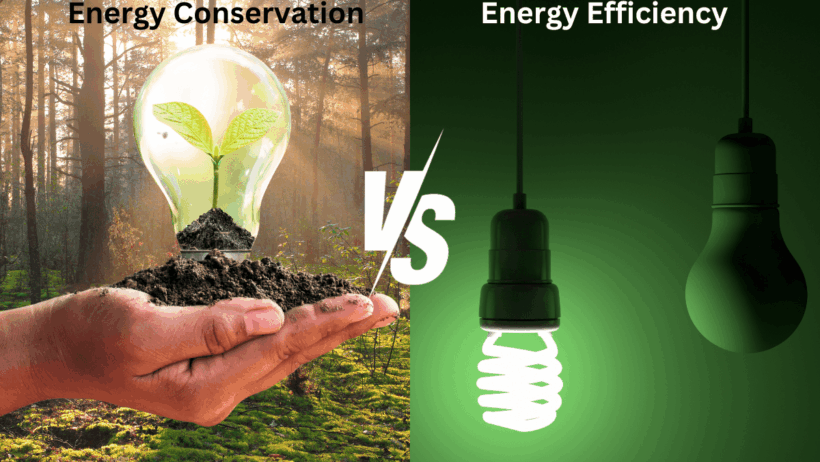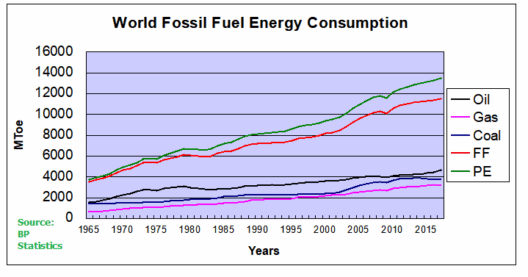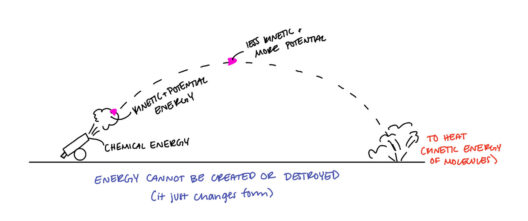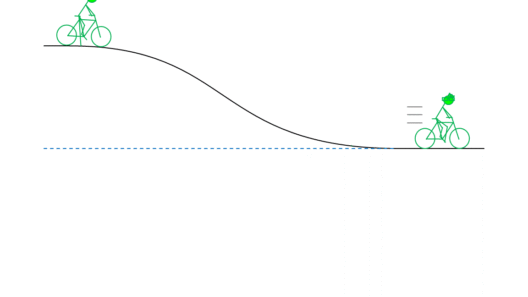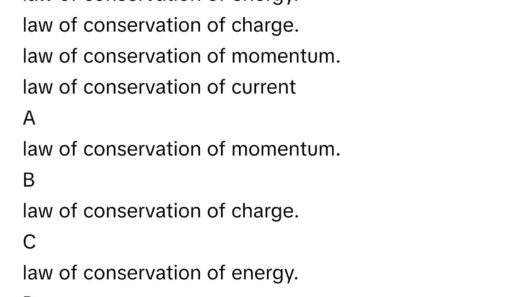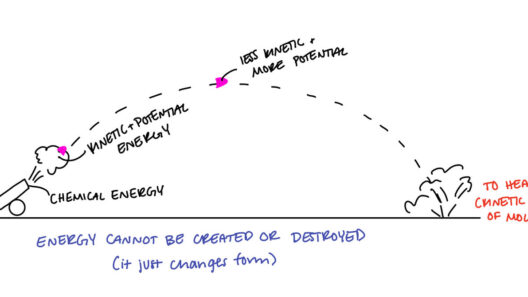The intersection of energy policy and environmental responsibility has become a focal point in recent national dialogues. A pivotal inquiry emerges: Does U.S. energy policy favor efficiency over true conservation? This apparent dichotomy encapsulates much of the contemporary energy discourse, blending an examination of legislative frameworks with the urgent plaints of climate activists.
Energy efficiency refers to utilizing less energy to provide the same level of service. In contrast, energy conservation is the reduction of energy consumption through behavioral changes, eliminating unnecessary waste. While both concepts aim to reduce energy usage, they reflect fundamentally different approaches that can lead to disparate outcomes on environmental impact.
The United States has historically placed significant emphasis on energy efficiency. This prioritization is evident in numerous policy tools designed to incentivize energy-saving technologies. Initiatives such as tax credits for energy-efficient appliances, government-funded research into innovative technologies, and efficiency standards for vehicles underscore a systematic inclination toward efficiency. Such policies have attracted widespread support due to their seemingly straightforward benefits: lower utility bills, enhanced energy security, and improved economic competitiveness.
However, the preference for energy efficiency may detract from the more profound, systemic changes required for true conservation. The ease with which energy-efficient solutions can be implemented fosters a sense of complacency. Policymakers and the public may feel satiated with the knowledge that energy is being used more judiciously, obfuscating the need for a fundamental shift in consumption patterns.
This latent dependency on efficiency raises compelling questions about the motivations behind U.S. energy policy. A critical observation is that efficiency improvements often lead to the “rebound effect.” When consumers save money through energy-efficient technologies, they may increase their overall energy consumption. For instance, a more efficient vehicle might incentivize longer commutes or additional trips, essentially negating the gains achieved through efficiency. While efficiency is undoubtedly advantageous, it is not a panacea.
Moreover, a focus on efficiency can stymie cultural shifts towards conservation — behavior modifications that extend beyond just saving money. Conservation typically requires individuals to embrace lifestyle changes, like reducing travel, altering consumption habits, or opting for minimalism, which are less tangible outcomes. These changes often encounter resistance stemming from social norms and personal habits, making conservation a more challenging, albeit crucial, goal.
Structural factors also play a role in shaping U.S. energy policies. The influence of powerful energy industries, which often lobby for efficient technologies that retain profit margins, may inadvertently hinder deeper conservation initiatives. This creates a situation where advancing efficiency concurrently upholds the status quo — promoting consumption instead of fostering the critical cultural shift necessary for the planet’s long-term health.
Furthermore, the focus on efficiency reflects an inherently anthropocentric paradigm. Energy policies prioritizing efficiency often do so under the premise of immediate economic benefits or maintaining energy security. Such approaches risk overshadowing the intrinsic value of natural ecosystems and the environmental ramifications of continued human overconsumption. The planet’s limits are increasingly challenged by entrenched consumption habits incompatible with a sustainable future.
Additionally, it is worth scrutinizing the implications of various regulatory frameworks. The energy efficiency programs in place are often characterized by voluntary compliance. This leniency can dilute their effectiveness, allowing for lax standards that fail to catalyze significant change. On the other hand, a conservation-centric policy might necessitate stricter regulations or mandates, catalyzing a shift towards responsible consumption and necessitating collective societal commitment.
Ultimately, energy policy must harmonize efficiency and conservation. A dual focus can yield a multifaceted approach to energy usage that acknowledges the complexities of human behavior while still making strides toward sustainability. Emerging models of circular economies, restorative practices, and community-driven energy solutions offer promising pathways that intertwine efficient technologies with conservation efforts.
Furthermore, educational initiatives that emphasize the benefits of conservation can alter public perceptions. Advocacy campaigns highlighting simple changes — like reduced water usage, minimized single-use plastics, or holistic community solutions — foster a climate of sustainability. This cultural shift toward a conservation mindset challenges individuals to re-evaluate their consumption habits and builds a collective ethos that prioritizes the health of the planet.
In conclusion, the inquiry into whether U.S. energy policy favors efficiency over true conservation unveils a tapestry of motives, behaviors, and systemic influences. While energy efficiency is undoubtedly essential for reducing carbon footprints and enhancing energy security, it should not eclipse the need for profound changes in consumptive behavior. True sustainability requires a renaissance of values that embraces both efficiency and conservation: a holistic understanding that energy policies must transcend mere efficiency enhancement. Genuine conservation success manifests not through technological advancements alone, but through a comprehensive realignment of human practices with the planet’s welfare.



